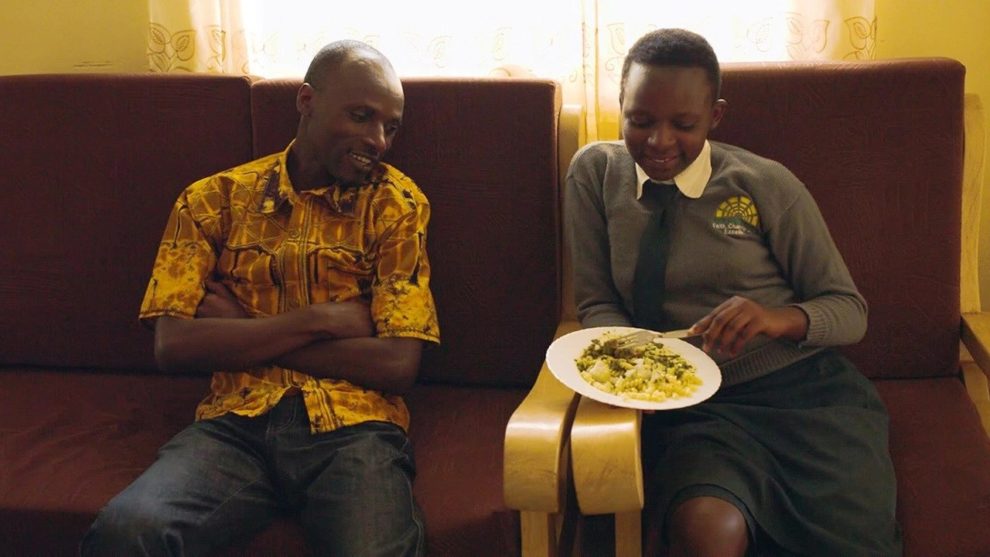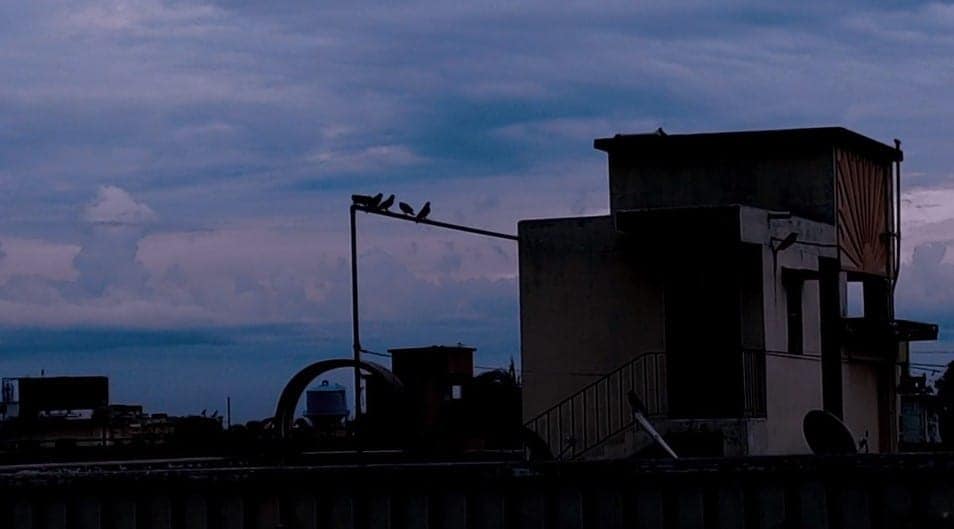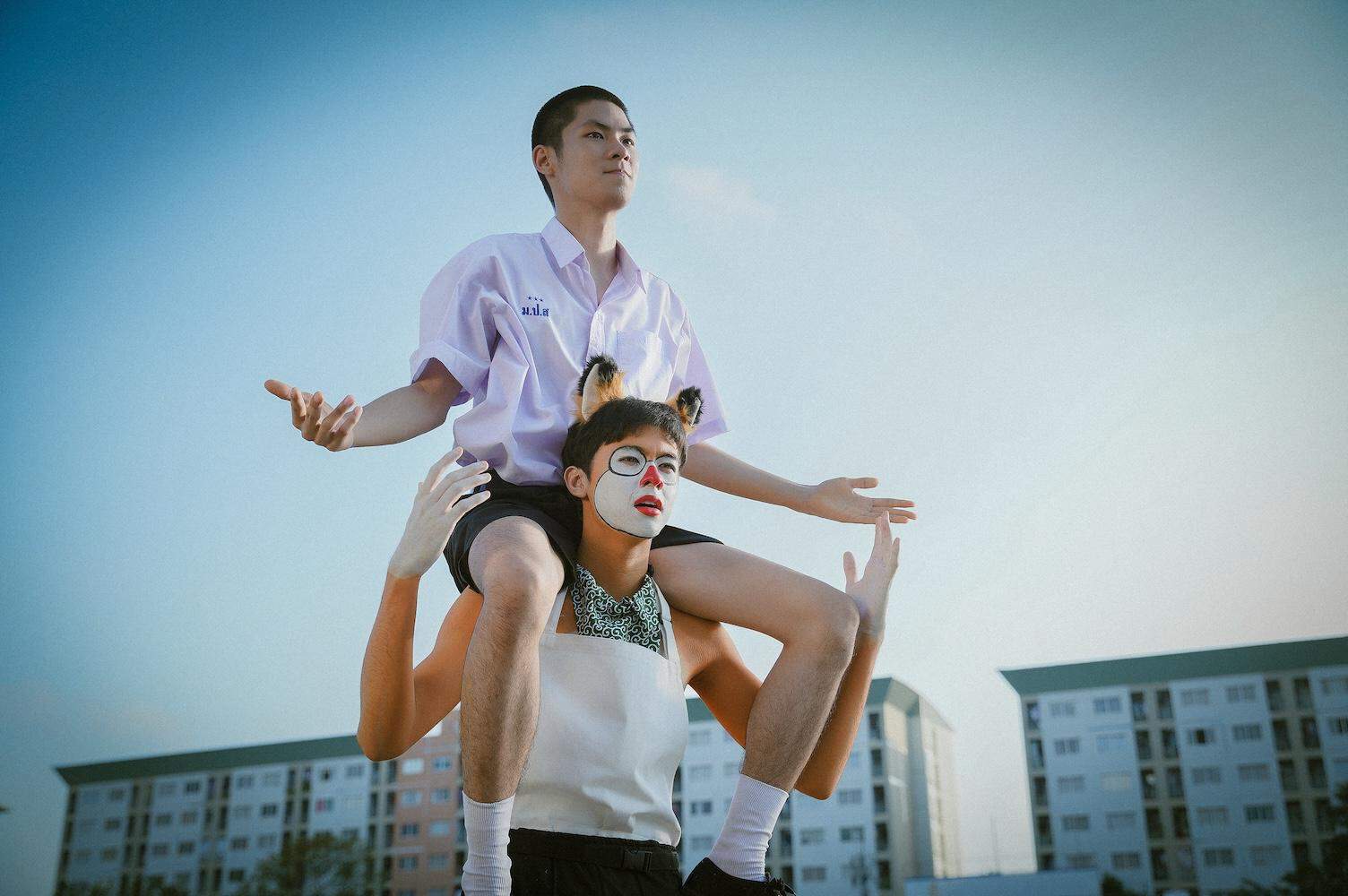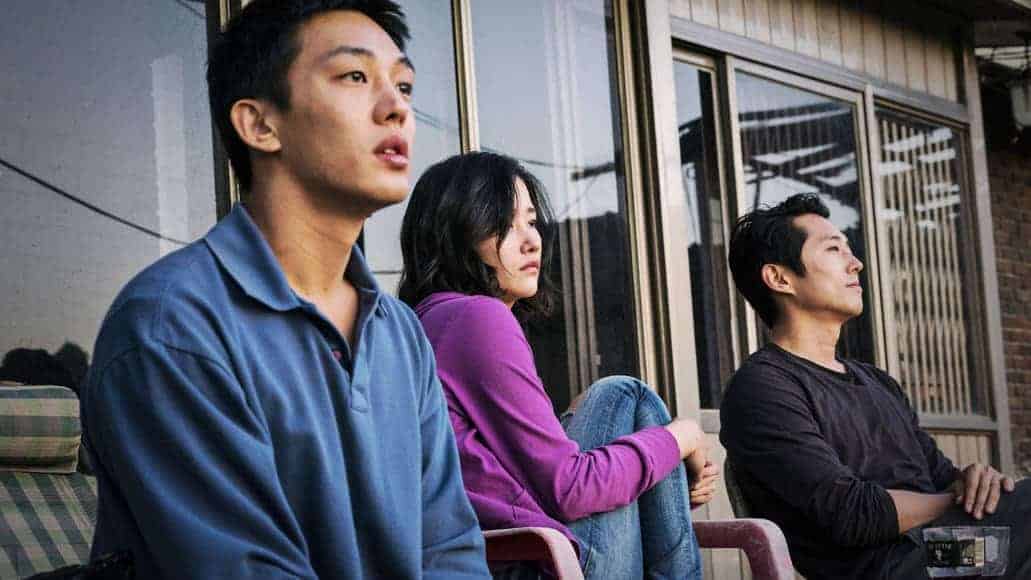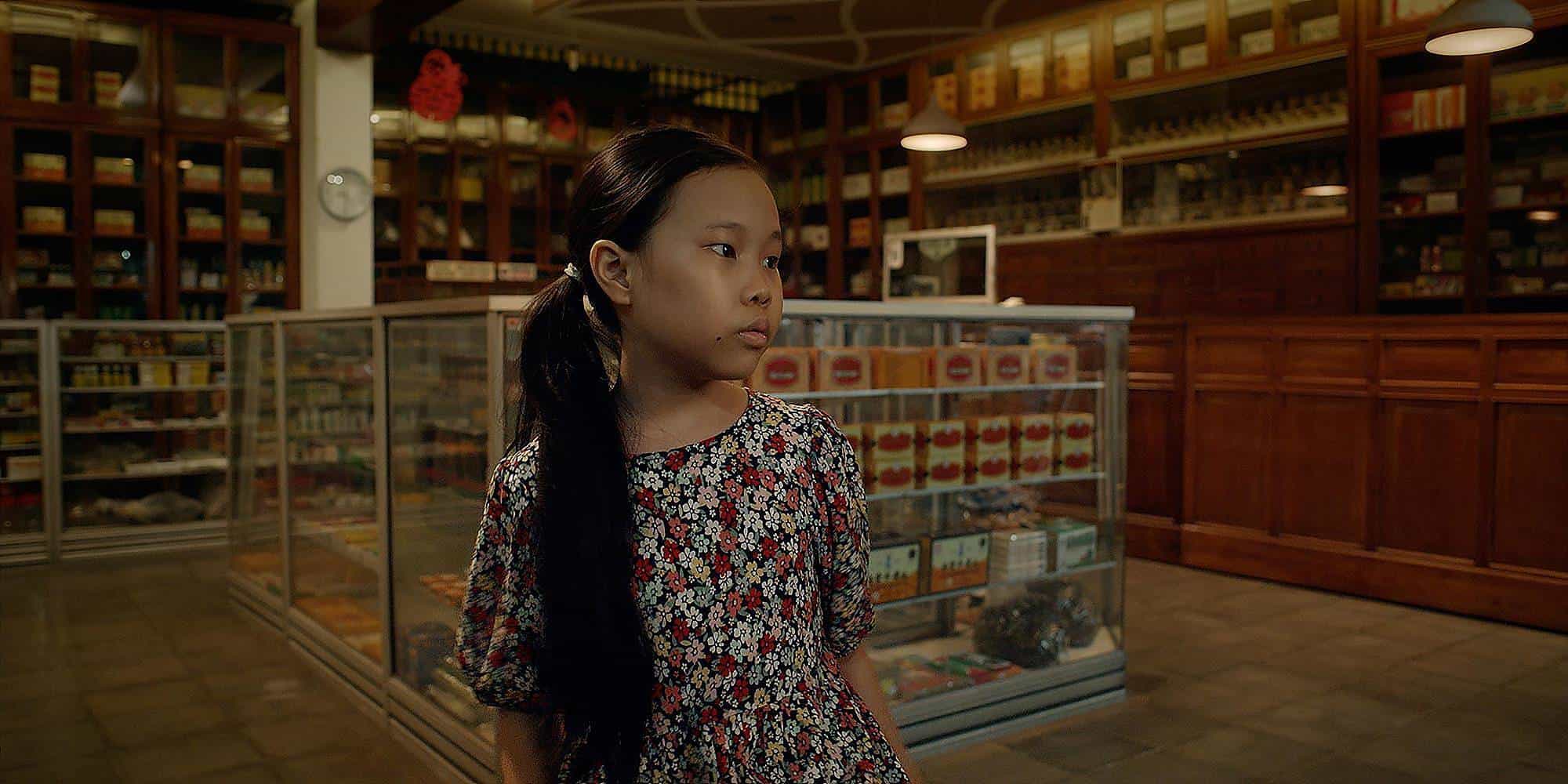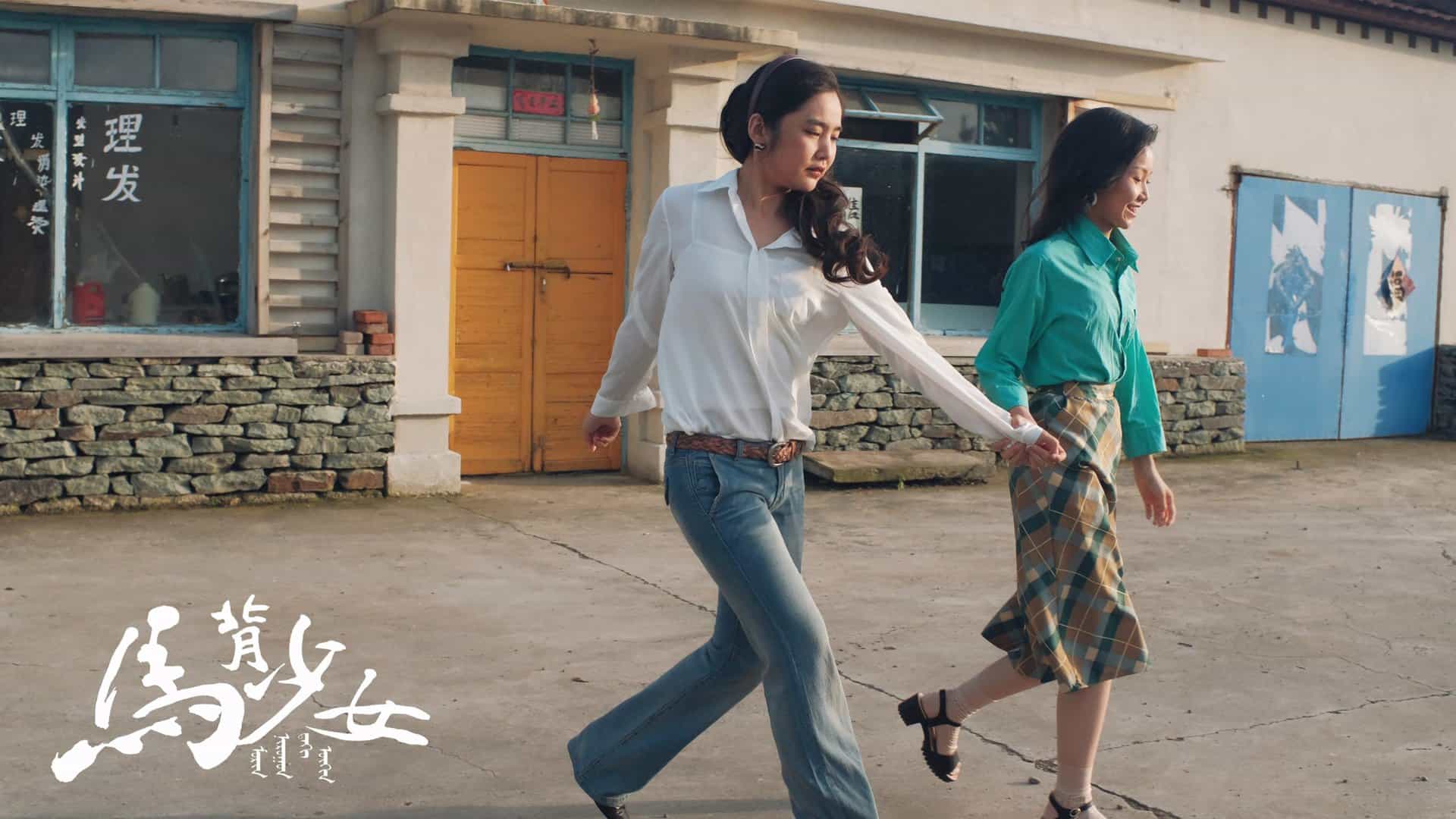Eight years after “Munyurangabo”, Lee Isaac Chung and his frequent collaborator, Samuel Gray Anderson, return to Rwanda to co-direct a documentary on 39-year-old Jean Kwezi, who was separated from his family during the 1994 genocide, only reuniting with them many years later, long after they presumed him dead.
“I Have Seen My Last Born” is screening at Hong Kong Arts Centre, as part of Cries and Whispers: Film Retrospective of Lee Isaac Chung

The documentary is split into two parts, with the first one dealing with his life, working for Chung's Rwandan outpost for his U.S.-based production company, Almond Tree Films, with his daughter, who has grown up apart from him and now learns to live with him, while the second deals with an extended visit to his mother's home. Through extended interviews with the protagonist and of his daughter's footage, mostly in school, we learn of the difficulties the girl faced, living in an impoverished family after the genocide, being bullied in school as ‘fatherless bastard' and developing a series of really bad traits, due to the lack of proper parenthood. The days with her father have allowed her to improve, attending a better school and starting to behave, but the problems between two people who have just got to know each other still persist. A segment of this part also focuses on her mother, with Jean narrating their relationship and the trauma he carries for abandoning his family.
The second chapter begins in similar dramatic fashion, with the mother narrating how much she suffered, and the visit to his father's grave, lying among their crop, adding another notch to the whole trauma. At the same time though, a scene inside the family house after an intense rain, as all of them are discussing and laughing heartily, provides a much welcome relief, showing that it is not all about misery in the country. Jean's cry during one more confession a bit later one, highlights the fact that the trauma for both his actions and his experience still lingers on him as much as the country, but the finale essentially sends a ray of hope about the future.
Anderson and Chung followed Jean very closely, highlighting the fact that they had his full trust, as he brings them in the most intimate parts of his and his family's lives, both through his extensive talking and by allowing to spend time with them. As such, the documentary emerges as rather realistic and meaningful, with the second aspect deriving from the fact that Jean's story mirrors the situation of the whole country.
Truth is, the rather low budget of the documentary results in a number of sequences that are somewhat hard to watch, with the bad quality of sound and image not helping particular in that regard, while the extended narration becomes a bit tiresome after a fashion.
At the same time, though, the context of “I Have Seen My Last Born” allows it to emerge much higher than its limitations, as a film that is important, more than anything else.


